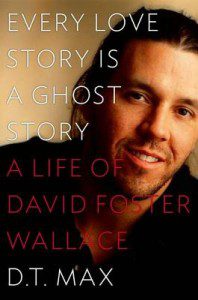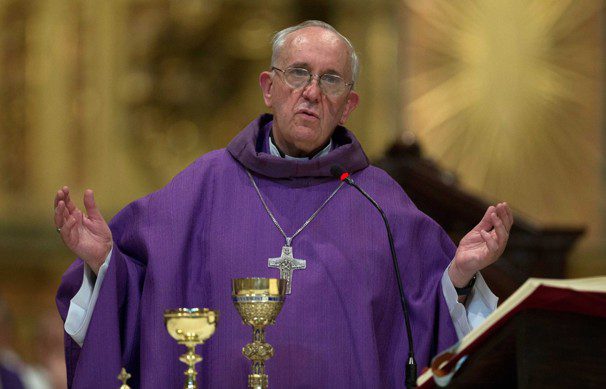Happy May Day, fellow workers.
Since I already have had a very long day myself, mostly spent on buses to/from/in London, I’ll simply re-post, with minor modifications, a favorite blog from last year, one which I later found out was even re-posted at Disinfo.org. And just so you don’t think I’ve forgotten Buddhism completely in this post, please may I introduce (if you don’t know him already) Tenzin Tsundue (here is a 2013 HuffPo interview with Tsundue), and of course we cannot ever overlook the amazing work done by the folks at the Buddhist Peace Fellowship, Buddhist Global Relief, and Tzu Chi.
[the old video link is not working: try The Life of Dorothy Day on PBS or search Religion & Ethics NewsWeekly.]
If you don’t already subscribe to PBS’s Religion and Ethics News Weekly, I highly recommend that you do. This story alone is worth it.
It focuses on the life of Dorothy Day, a devout Catholic, a socialist, an anarchist, and, perhaps one day a Saint.
Dorothy Day has always loomed large in the back of my mind. Growing up Catholic, to two very liberal parents (my mother marched with and had dinner with a member of the Chicago Seven), I was drawn to the idea that Catholics could also be radicals. My parents faded away from the Church, sometimes recalling that the most vicious people they had ever encountered were Catholic nuns in primary schools. And as they faded they focused direct action through social work for my mother and volunteering and simply helping those who needed it for my father – sometimes including giving cars away to people who needed one. Meanwhile, I faded as well drawn to science, atheism and existentialism, then humanism, and eventually Buddhism, all the while doing volunteer work of one sort or another on the side.
 The very name of Day’s movement, the Catholic Worker Movement, clearly echoes her Communist sympathies (or at least shared interests) – noting that we humans are workers as much as anything and that work deserves respect and the recognition of the dignity of each and every one of us. Of course this is distinguished from the way we all are typically described, as consumers. Here our value is determined by how much we take, not by what we give.
The very name of Day’s movement, the Catholic Worker Movement, clearly echoes her Communist sympathies (or at least shared interests) – noting that we humans are workers as much as anything and that work deserves respect and the recognition of the dignity of each and every one of us. Of course this is distinguished from the way we all are typically described, as consumers. Here our value is determined by how much we take, not by what we give.
I’m no orthodox Marxist, but I believe Day was on to something. We need balance, and these days things seem far from balanced.
At Day’s Catholic Worker soup kitchen I am heartened to see (in the video) that one of the volunteers interviewed openly admits to not being a Christian. Yet his ability to work, to give, is still valued. He is accepted based on that, on his practices rather than his beliefs.
Others, Christian and not, Socialist and not, were drawn to her “pacifist anarchist movement” through their own conscience as much as to holding any particular beliefs, and it has been this common conscience, a shared sense of the rightness of helping those in need, which has kept the movement alive for 81 years now.
When I mentioned this on facebook, a friend reminded me of Thomas Merton and Simone Weil, two fellow radicals and inspirations to all of us from the 20th century.
Miracles?
Another friend reminded me this morning that in order to be canonized, Day would need two miracles attributed to her. There are no miracles attributed to her intercession mentioned in recent articles, although the Washington Post reported in 2000 that a Sociologist named Robert Coles, a Day admirer, said his wife prayed to Day and experienced a healing (actually… see comment here). And in 2011 the Houston branch of Catholic Worker published a letter from a Professor Richard Fossey of the University of North Texas, who wrote:
In December 2009, I invoked the assistance of Dorothy Day, asking her to cure my friend Sarah Maple of a brain tumor that doctors told Sarah would kill her in two years…
He continues:
I am writing to tell you that Sarah Maple has had a miraculous healing of her brain tumor. She had received good MRIs through the autumn of 2010, but in December she went for her regular visit to the Mayo Clinic in Minnesota, and the doctors told her that her brain tumor had disappeared. One member of Sarah’s medical team, who is Catholic, told Sarah that she had never seen anything like this and that she believed Sarah’s remarkable recovery is a miracle.
I too believe that the disappearance of Sarah’s brain tumor is a miracle that occurred through the intercession of Dorothy Day, whose assistance I sought just before I wrote the Zwicks in December 2009.
And finally:
If there is anything I can do to help move the canonization of Dorothy Day forward, please let me know. I recall vividly that when I sought Dorothy Day’s intercession, I felt a deep sense that my call for assistance was heard.
Verification of these potential miracles is a lengthy process at the Vatican (here is a report discussing the beatification and canonization process for Pope John Paul II).
If you would like to pray for Day’s intercession, a website has been set up to guide you. But keep in mind this is the woman who reportedly said, “Don’t trivialize me by trying to make me a saint,” and in her own words about miracles in 1934 wrote:
Our lives are made up of little miracles day by day. That splendid globe of sun, one street wide, framed at the foot of East Fourteenth street in early morning mists that greeted me this morning in my way out to mass was a miracle that lifted up my heart. I was reminded of a little song of Teresa’s, composed and sung at the age of two.
“I’ll sing a song,” (she warbled)
Of sunshine on a little house.
And the sunshine is a present for the little house.”Sunshine in the middle of January is indeed a present.
Indeed. Sunshine any time is a present.


















